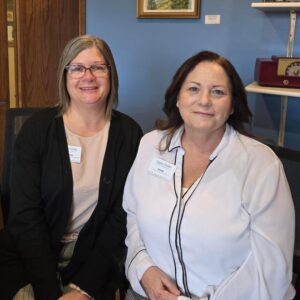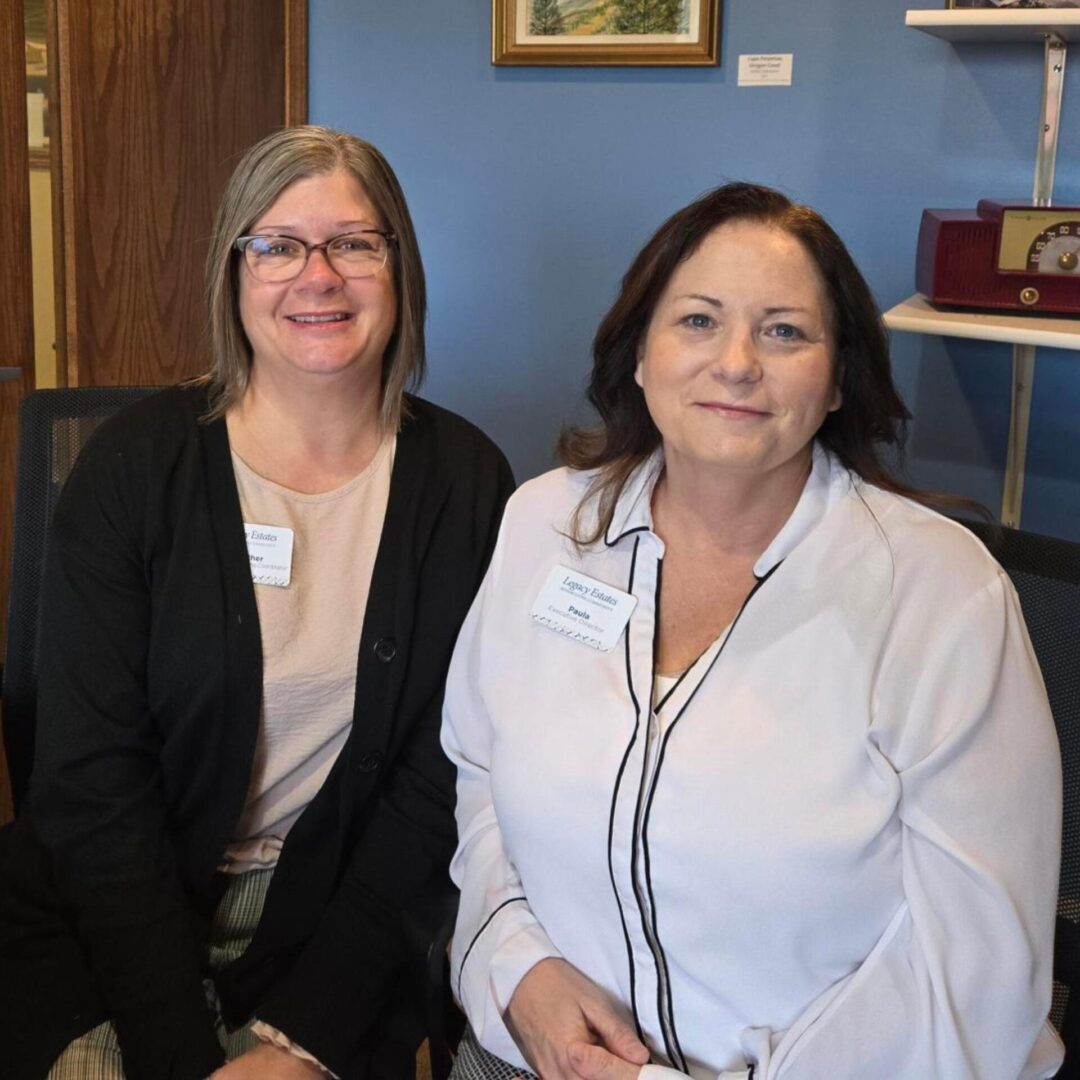National Communication Association recognizes College’s communication studies department
Every first-year Monmouth College student takes at least one course from an academic department judged to be the best in the nation.
Monmouth’s communication studies department was recently named the recipient of the National Communication Association’s prestigious Rex Mix Award, which is presented annually to the top small liberal arts college undergraduate program in the United States.
The Rex Mix “Program of Excellence” Award recognizes excellence in small undergraduate programs of communication, with emphasis on curriculum, program quality, course design and special programs. The award honors the memory and work of C. Rex Mix, who was an advocate and enthusiast of small communication programs in the United States.
“The committee was particularly impressed with your outreach in your general education program and things you have done to get your classes included in other majors,” Joy Daggs, chair of the NCA’s Undergraduate Colleges and Universities Section, told the Monmouth professors.
Monmouth’s communication studies department houses two majors (communication studies and public relations) and three minors (media, journalism, and sports information and media).
“The areas of our curriculum that we emphasized in our application materials included our long-standing speech assistant program and civil dialogue in our basic COMM 101 course,” said Monmouth professor Trudi Peterson, who chairs the department. “We also promoted our junior-level course that emphasizes vocational discernment and career preparation, and our ability to collaborate with colleagues across campus on interdisciplinary programs.”
The national award came down to two big factors, according to professor Shweta Srivastava.
“One was the deliberation assignment in COMM 101,” she said. “The other was what we like to call our department – ‘COMMutopia.’ It offers people a safe space to communicate and a safe space for our diverse students. And it’s not just the space, it’s the spirit.”
Peterson received ample credit for creating that safe space, partially through work she does with another academic discipline at Monmouth – women’s studies.
“We’re collegial, we get along, and we’re student-centered,” said Peterson.
Communication studies is a popular major with Monmouth students, due in part to the atmosphere the faculty strives to create.
“I tell our students they can get involved in things like the student newspaper and radio station when they are freshmen, which is rare,” said Peterson. “They can see what they like and then move on from there. And we’re very responsive to students’ needs, such as creating the sports information and media minor,” which the department did in 2021.
A different approach to communication
COMM 101, called “Fundamentals of Communication,” is a course that all first-year Monmouth students take, either during their fall or spring semester. But Monmouth takes a different approach to teaching a course that involves a good deal of public speaking. Rather than throwing new students into a moment when they’re standing alone in front of a class, Monmouth’s COMM 101 faculty take a different tack.
“The first assignment we do in COMM 101 isn’t a speech – it’s a deliberation of a civic issue,” said Srivastava. “The students read several different perspectives of the issue in preparation for a small-group discussion. More than 90% of our students tell us it’s one of the most mature discussions they’ve ever had in their lives. They ask, ‘When are we going to do this again?'”
Srivastava said the new approach shows that the department is “not stuck in our ways. We are adaptive. We need more civil dialogue in the world.”
Faculty member Chris Goble wasn’t sure how the new approach would work, but he’s now a believer.
“I didn’t think we could sit and talk about all aspects of an issue and not be yelling at each other,” he said.
“We stress that it’s not a debate, it’s not hostile,” said Peterson. “It’s the opposite of our political climate right now.”
“And that’s exactly the point,” said Goble.
Speech assistants
When it is time for COMM 101 students to have their moment in front of the class, the department turns to a more time-tested Monmouth tradition.
“Before students give a speech in COMM 101, they have to meet with a speech assistant,” said Peterson. “It helps with speech anxiety.”
“Your final audience should not be your first audience,” said Srivastava. “Our department has been doing it this way since the 1980s. We were ahead of our time. There are still many schools out there that don’t have this.”
***Courtesy of Barry McNamara, Monmouth College***














